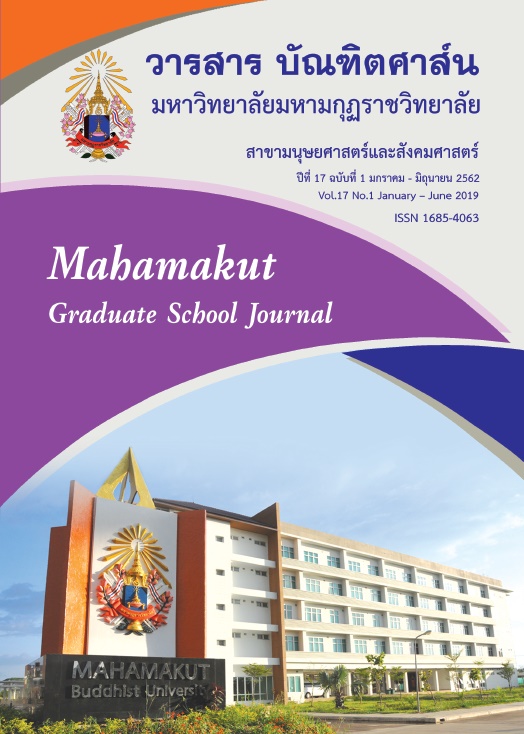Thailand and the Development of Sale Laws: National Agenda
Keywords:
Sale Laws, Specific ContractsAbstract
Thai Civil and Commercial Code, Book 3 “Specific Contracts” first came into force in 1924 (B.E. 2467). It was later revised and the new revision came into force in 1928 (B.E. 2471), those periods of which, Thailand was only an agriculture country. The provisions of sales under the Civil and Commercial Code were thus aimed at applying mainly to private sales as apparentlyseen in Section 456 Subsection 3 which provides that a sale over 500 Thai Baht (now 20,000 Thai Baht) is not enforceable in court unless there be some written evidence singed by the liable party or unless earnest is given, or there is part performance. In 1994 (B.E. 2537), Two Supreme Court Judgments (No. 3046 and 3651), or widely known in Thai names as ‘Dhika Khoa Nung’, drew a vivid awareness to Thai society that our sale laws do not conform to the changing of our social and economic environments under which the provisions thereof must be able to apply to both commercial and international sales which are distinct in natures from private sales. From the study, there are several options proposed to be the development methods of Thai sale laws. They are, such as, the separation of Thai civil and commercial laws, or the amendment of current Thai sale laws to avoid the application of Section 456 Subsection 3 to commercial sales including international sales while we are not becoming a member state of a current potential and world-wide accepted international sale convention, i.e. the United Nations Convention on Contracts for the International Sale of Goods and transform its provisions to be our new sales law applying specifically to international sales. The writer strongly agrees with the movements towards this development of Thai
sale laws. Regrettably, however, after nearly three decades from both of the Supreme Court Judgments, no substantial development has been made including the decision to become the member state of CISG. This is surprisingly different from Vietnam which has recently become a member state of CISG even though Thailand’s international trades and investments have been many years in advance than Vietnam. The writer, therefore, is hereby urging Thai authorities concerned to adopt this issue as the national agenda in order that the development of Thai sale laws can be seriously and urgently made in the very near future.
References
1.กำชัย จงจักรพันธ์. (2543). ‘ข้อสังเกตคำพิพากษาฎีกาคดีสัญญาซื้อขายระหว่างประเทศ’, ดุลพาห, 47 (2).
2.ไผทชิต เอกจริยากร. (2560). การแยกคดีแพ่งออกจากคดีพาณิชย์. ดุลพาห, เล่ม 3 ปีที่ 54.
3.พฤกษา เครือแสง. (2557). แนวทางการปฏิรูปประมวลกฎหมายแพ่งและพาณิชย์ไทยสู่ประชาคมเศรษฐกิจอาเซียน.สำนักผู้ตรวจการแผ่นดิน, ปีที่ 7.
4.เปมิกา วิวัฒนพงศ์พันธ์. (2550). ผลกระทบของนิติกรรมและสัญญาอันเนื่องมาจากการไม่แยกกฎหมายแพ่งออกจากกฎหมายพาณิชย์. สารนิพนธ์นิติศาสตรมหาบัณฑิต สาขาวิชากฎหมายธุรกิจ, มหาวิทยาลัยศรีปทุมวิทยาเขตชลบุรี.
Downloads
Published
How to Cite
Issue
Section
License
บทความวิชาการและบทความวิจัยในวารสารฉบับนี้ถือเป็นความรับผิดชอบของผู้เขียนเท่านั้น บทความที่ได้รับการตีพิมพ์ในวารสารบัณฑิตศาส์น ถือเป็นลิขสิทธิ์ของมหาวิทยาลัยมหามกุฏราชวิทยาลัย ตามพระราชบัญญัติลิขสิทธิ์


